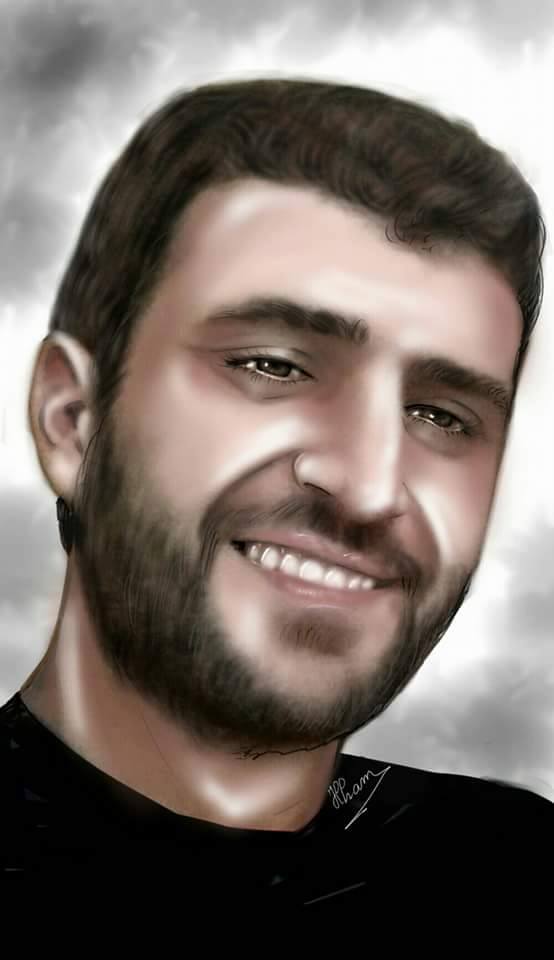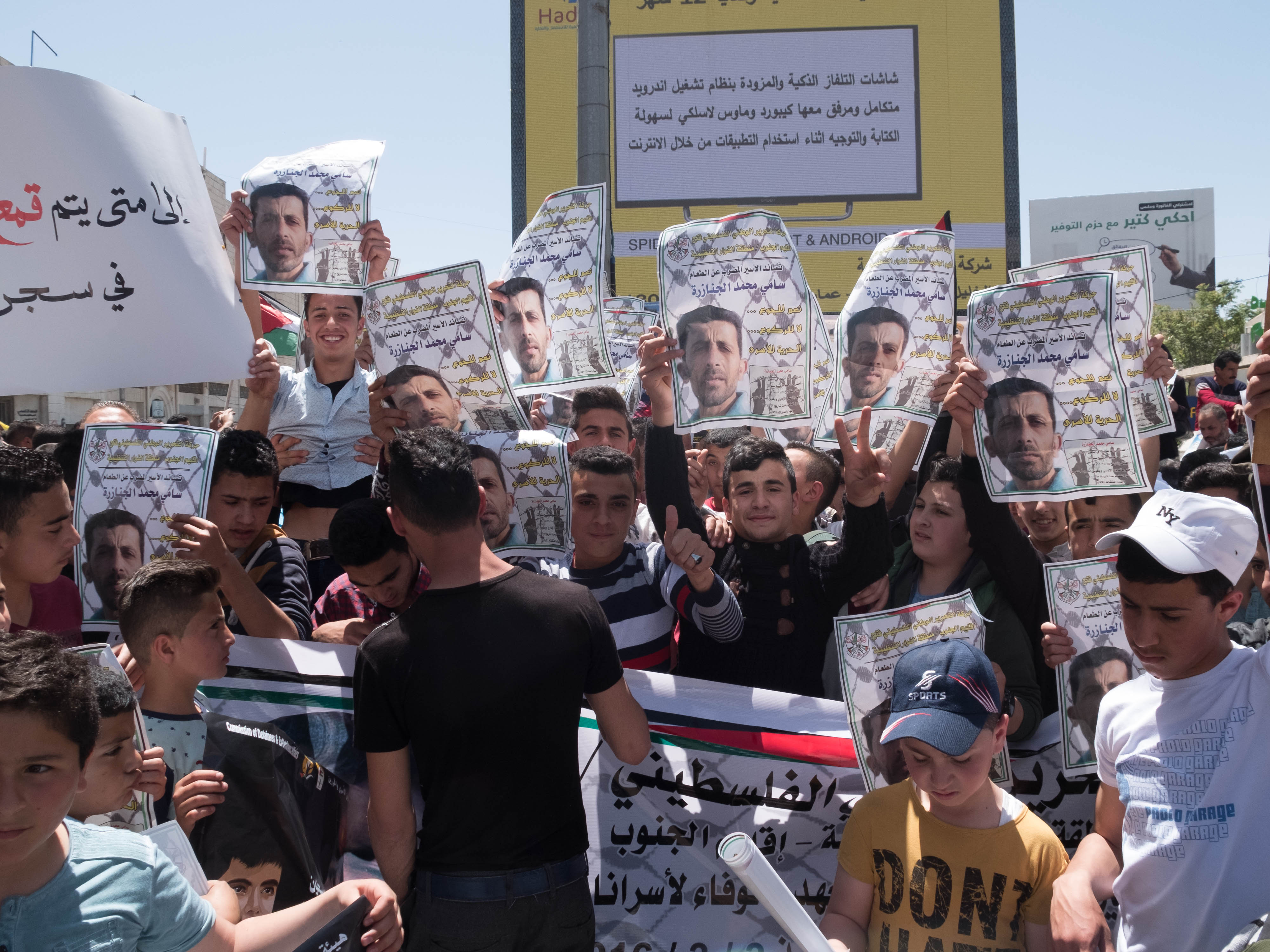Tag: Interview
-
Interview with the wife of the Palestinian prisoner Mohamed Najeeb Nazal, recently kidnaped in an Arab country and handed to Israel
29th May 2016 | International Solidarity Movement, Gaza-team | occupied Palestine Mohamed, 33 years old, is originaly from Qabatia, a Palestinian city located near Jenin, in the occupied West Bank. He lived there until he left Palestine in 2007, after the murder of his brother at the hands of the Israeli occupation and the death…
-
Imad Abu Shamsiya: A lifetime of resistance
1st May 2016 | International Solidarity Movement, al-Khalil Team | Hebron, occupied Palestine On the morning of the 24th of March around 8:30 am two Palestinian youths, Ramzi Aziz al-Qasrawi, 21, and Abed al-Fattah Yusri al-Sharif, also 21, were shot to death by Israeli forces after an alleged stabbing attempt in the Palestinian neighbourhood of…
-
Sami Janazreh enters 46th day of hunger strike
17th April 2016 | International Solidarity Movement, Al-Khalil Team | Hebron, occupied Palestine Today volunteers from ISM attended a demonstration in Al-Khalil for Prisoners’ Day. Once the main demonstration had ended in the city a group of young Palestinians invited the volunteers to the Fawwar refugee camp outside the city. At the camp they were…


